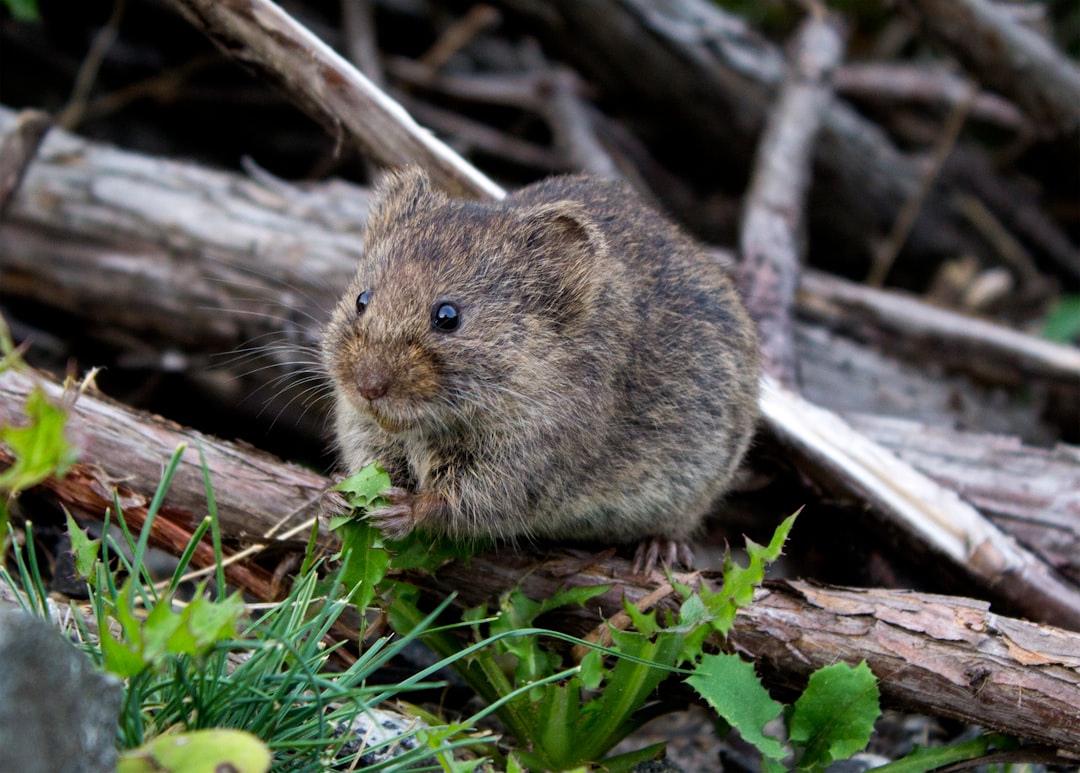What is it about?
Because of the development of agriculture people could shape ecosystems that produced more food for sustaining greater populations. In the process landscapes have changed unrecognizably. By forest clearance, burning and land management for agriculture ecosystems became more heterogeneous and biodiverse. The domestication of species is one of the most important factors making agriculture successful. By selecting traits that made plants more productive or edible, domesticated species changed drastically from their wild relatives. However, people might not have only domesticated species, but entire ecosystems. Similar to domesticated species, domesticated ecosystems might also display common and predictable traits. The selection of desirable traits for the production of food could result in a trade-off with other, less desirable, ecosystem properties. For instance, the creation of agricultural land from forest will have disrupted ecosystem function as the storage of carbon and nutrient cycling. Yet, the timing and extent to which people have altered ecosystem properties through the onset agriculture is not known. We reconstructed agricultural landscapes from pollen fossils and quantified the traits of the species in these landscapes. We found that ecosystems domesticated through agriculture generally have species that are 4 times shorter, but also faster growing and easier to decompose.
Featured Image

Photo by Annie Spratt on Unsplash
Why is it important?
Plants are central to the maintenance of ecosystem functioning. Although the onset of agriculture in Europe created more biodiverse landscapes and increased food production, our research shows that humans could have significantly impacted carbon and nutrient cycles by creating more productive and shorter plant communities. Today’s world is domesticated in various ways and amounts, understanding the trade-offs between food and other ecosystem functions will help us to more cautiously manage agricultural landscapes.
Read the Original
This page is a summary of: Pollen‐based reconstruction reveals the impact of the onset of agriculture on plant functional trait composition, Ecology Letters, July 2022, Wiley,
DOI: 10.1111/ele.14063.
You can read the full text:
Contributors
The following have contributed to this page










